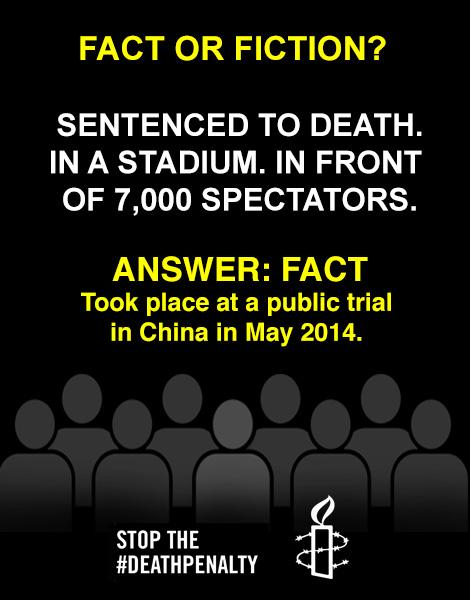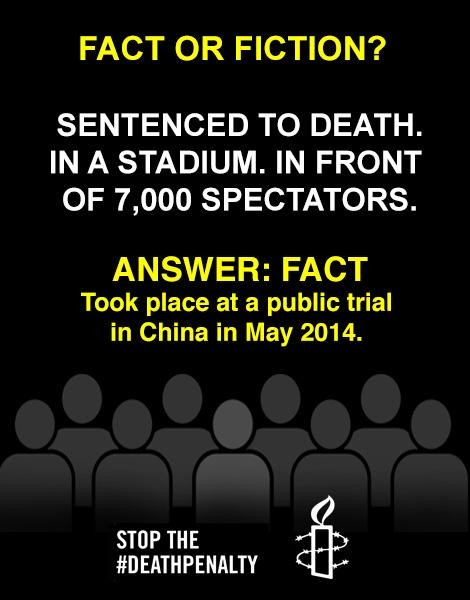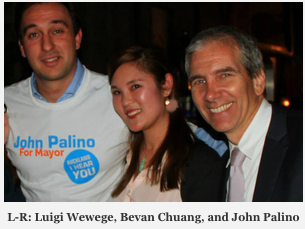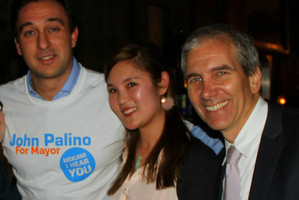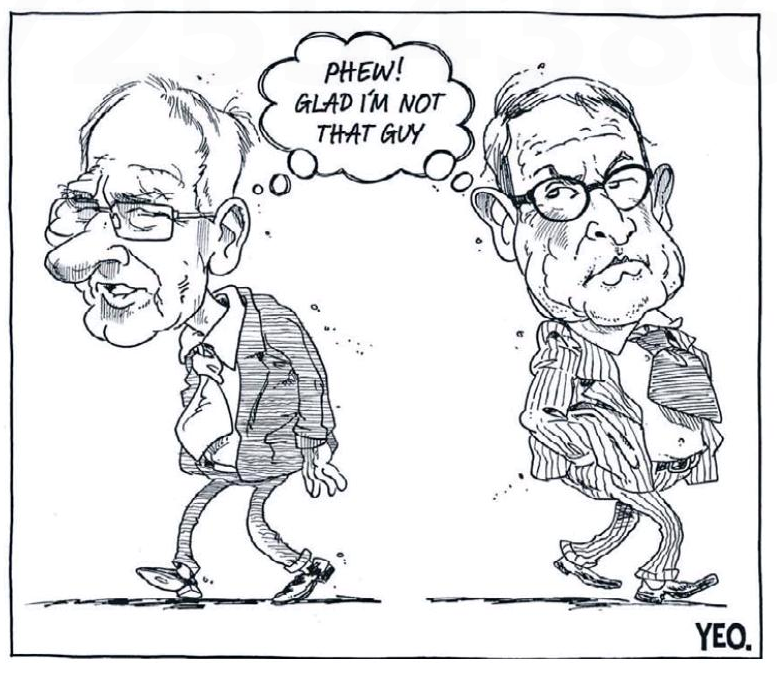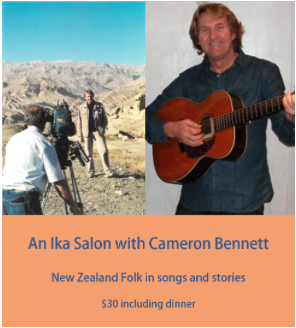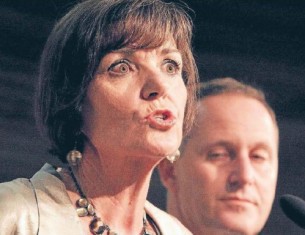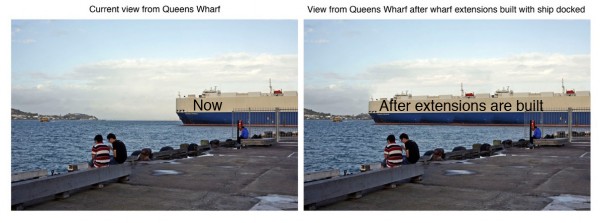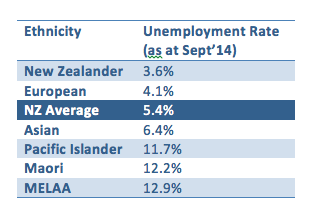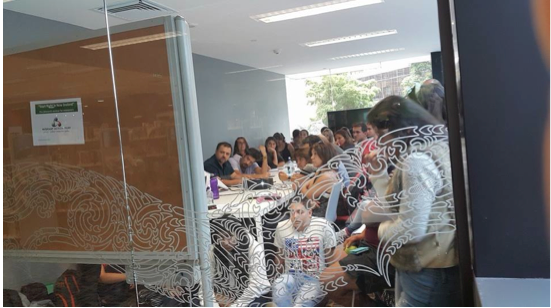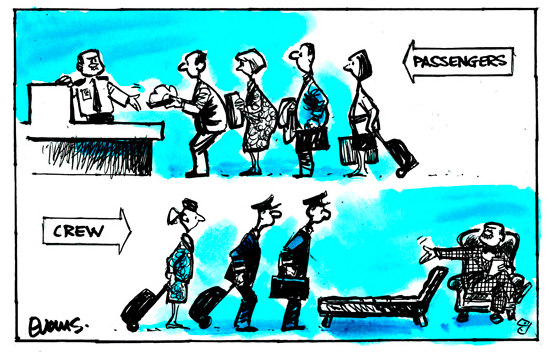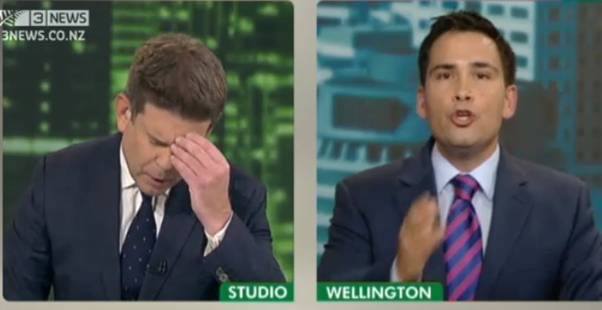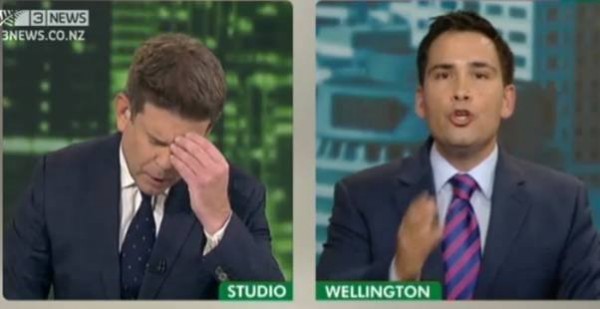
The previous post, In the Shadow of Kim Dotcom- the NZ left taking lessons from the 2014 Election, I went through the results of the 2014 election. Many of the left were understandably disappointed by its outcome. However justifiable this disappointment is, it’s fueled several damaging myths. These myths need to be challenged. In the Shadow of Dotcom argues that the popular belief, that the Mana party lost support because of the failed deal with the Internet Party, is not true. All available statistical evidence has shown that support for Mana grew as a result of the Internet deal. This was the case for both general seats and the Maori electorates.
It is important to break these myths because of their implications. Seeking new alliances and ways to bring more people into the radical movement is an important strategic challenge for the left. If the lesson from 2014 is that the left should do this less, socialist activists will be less prepared to build our movement in the future.
But if the InternetMana experiment worked, why did Hone lose his seat? And If these experiments were positive, why has the left been left so deflated and directionless after the election? These points deserve further elaboration.
Why did Hone Harawira lose?
If the Internet alliance lead to greater support, its fair enough to ask how did Hone lose his seat? Here the conventional myth of the Dotcom poison chalice has a couple of slightly different interpretations, neither of which holds up to scrutiny.
The first version of the myth is that Hone’s vote decreased as his supporters abandoned Mana after the Internet Party deal. This is easy to disprove. The vote for Harawira actually grew significantly from 2011 (8,121) to 2014 (8,969). Kim Dotcom attracted negative media, but he did not stop Mana from building on its support between the elections.
The more nuanced alternative version of a similar argument is that while Harawira didn’t lose support amongst his followers, it did motivate more people to vote against Mana, and tilted the election in favour of Labour. The available evidence disputes this.
More peopel clearly turned out this election up north. About 2,500 more people voted in Te Tai Tokerau in 2014 than in 2011. But not all of these new voters went Labour. Looking at the results between the two elections, it seems to roughly break down to 800 new Mana voters, 1200 new Labour voters and a few hundred extra, who largely vote NZ First (who I will return to shortly).
If we take just the new voters, the result would still have been in Mana’s favour (Mana 8,969-Labour 8,000 give or take). It is possible that these voters were motivated to come out in response to opposition to Dotcom, but even if that is the case Mana would still have won. These new voters for Labour closed the gap, but were not the decisive factor in defeating Harawira in Te Tai Tokerau. Mana would’ve beaten Labour in a straight race, even with the baggage of Dotcom.
Beaten Black and Blue
So who killed Hone? Right wing voters voting strategically.
Looking at the election results in 2011 and in 2014 there is a small number of ‘Black and Blue’ voters. These voters vote Maori Party for the seat but give their party vote to National. The National Party in the Tai Tokerau gets roughly 1800 party votes. It seems about half of them vote Maori for the seat, and half only use their party vote (which explains the larger number of party votes in the seat). In 2011 the Maori Party candidate received 3,114 votes for their electorate candidate, but only 2,100 party votes, the gap goes to National. In 2011 and in 2014 the Black-Black vote for Maori party is about the same (about 2,300 voters). Looking at the figures shows about 900 National voters who voted Maori in 2011, but changed that to vote Labour in 2014.
This would bring Mana and Labour roughly head to head. The second section of strategic voters on the right side of politics come from NZ First. In the lead up to the election Winston Peters came out in support of Labour’s Kelvin Davis (the first time in Winnies career that he had endorsed another party’s candidate).
In 2011 the vote for Harawira for the seat is almost almost exactly equal to the combined party vote of the Mana, the Greens and NZ First. However in 2014, this is not the case. It seems that on Winston’s instigation, several hundred (new) NZ First voters changed their candidate vote to Labour, and in the process finally overcame the InternetMana campaign in the north.
The evidence is clear- National and NZ First voters swung the election to Labour in Te Tai Tokerau. Neither John Key nor Winston Peters needed the boogeyman of Kim Dotcom to make the call to support Labour for the seat. It is highly likely that they would have done so anyway- both of them had very simple political and pragmatic reasons to want to kill off potential partners in an alternative government. Equally, there is nothing to suggest that Kim Dotcom was necessary to motivate people to vote strategically, as the voters of Epsom and Ohariu have been proving for years.
The simple fact is that, based on any and all available evidence- Kim Dotcom did not kill the Mana Movement. Mana was beaten by the political establishment (including Labour, the Nats, and NZ First).
Space for reflection
None of this means that the InternetMana campaign was flawless. Nor am I arguing that the the left is in a better position now than before the election. The importance of smashing myths of the IP failure is not to paint a rosy picture or say everything turned out fine.
I will say that the election results showed that the Internet Party alliance achieved its stated aim, in building support for the Mana Movement. But it was also clear that even with that growth, the result was less than 2% of the vote. It is clear from election that the left needs greater organisation and political clarity. But we will be in a better position to do so if we base our analysis on reality, not post-election depression.
There has been some responses to the election, some better than others. In response to the previous article Ian Anderson from Fightback wrote that:
“The campaign routinely stressed support for ‘entrepreneurs’ as an anti-poverty strategy, with Dotcom explaining how German state support enabled his rise. Ben suggests notions like ‘entrepeneur’ are open to interpretation, and aspects of the campaign were certainly vague. Dotcom’s class position is clearly more exploitative than the position of a self-employed worker. However, Dotcom sent a clear message; more state support means more opportunities to climb the capitalist ladder. This entrepreneurial emphasis cannot patronisingly be reduced to ‘imperfect’ politics that don’t go far enough”
The above paragraph has both strong and weak points.
It is true that socialists should be critical of ideas and formulations that we do not think articulate a vision for an alternative world. It is true that there was a difference in the political vision of Kim Dotcom (based on his life as a billionaire) and John Minto (based on his life getting beaten by police at protests). Differences exist between any two people, and building a movement is going to require tying together ever increasing numbers of people, each who will bring their own formulations to the movement. What is important is the basis for unity, as Ian writes in the same article:
“Dotcom’s political affinity with the MANA Movement was forged around opposition to state repression, around democratic demands. The Trans Pacific Partnership Agreement, expansion of state surveillance powers, violent enforcement of copyright laws, are dividing lines separating Dotcom from most of the capitalist class.”
Mana has always been a place that has had a wide range of views and opinions, but maintained a firm commitment to representing the poor and dispossessed. Some have argued that the deal with the Internet Party violated the kaupapa of the Mana movement. To show this, it is not enough to find a statement, or a collection of statements, that can be critiqued from a socialist perspective. It was a well established fact that Mana was already a broad and imperfect radical project. It needs to be shown that there was a systematic departure from the kaupapa that had existed previously. While I don’t agree with entrepreneurial rhetoric, it is not a departure from the existing kaupapa. The Mana movement has market mechanisms in other areas of policy since its inception. It is not a valid critique if it holds Mana to different standards in the pre/post Dotcom period.
This isn’t papering over differences, or an endorsement of a small business road to socialism. Leftists should be confident to argue for their positions in all movements. The importance of this point is to put to death the myth that there was a qualitative shift in rhetoric or policy after the Internet Alliance. It is important to go beyond these myths to open up discussion on what we are doing now. If we are caught up on a myth of Internet failure, or combing over policy looking for a great betrayal, we are not looking to the movements in which we can rebuild.
Organisation opens doors
As was argued in the original article, the InternetMana experiment should be seen as an extension of the strategic direction of Mana. Mana was created as a left split from the Maori Party. But it was also an attempt to build a radical political instrument that had resonance and organisation in the communities of the poor and dispossessed.
The attraction of the Internet Party was that it was created in response to the expansion of the surveillance state and intellectual property at the point of conflict with Kim Dotcom. For Internet Party supporters, the attraction of the Internet Party wasn’t KDC’s personality, but the sense of injustice at his treatment and the desire to build an alternative. For those on the left it is essential to grasp the importance of building political alternatives out of the sites of struggle that exist today.
This was dramatically evidenced by the electoral success of the Australian Greens at the recent New South Wales elections. Out of the election on Saturday March 28th,it appears that the NSW Greens have been able to expand their parliamentary party room from one electorate to four. This significant increase has been built not out of generic ‘Green’ campaigning and snappy slogans. Instead, the Greens are publicly seen to strongly support strong community campaigns.
In the seat of Newtown in Sydney’s inner west the Greens were strongly identified with the Campaign against ‘west-connex’, a new series of highways that will plow through the densely populated inner suburbs. More unexpectedly, the Greens have won two seats in the rural areas of Lismore and Ballina. These seats have long been considered bastions of the conservative National Party, however plans for drastic expansion of Coal Seam Gas in the area have generated a significant protest movement. Hippy environmentalists and farmers have found themselves united in blockades against gas companies. This popular movement has spawned such a change that the local communities have drastically changed their political worldview, and have swung behind what’s seen as an alternative.
Whether or not the NSW Greens have the political and organisational vision to continue these community campaigns will remain to be seen, but the lesson for the left should be clear. When movements are organised and politicised, it is possible for the left to make significant gains, even in areas where it has low traditional support.
Aotearoa’s rocky road
The left is in a difficult place. Hone losing a platform in Parliament is a significant loss. During and since the election, many on the left who were formally Mana members have now left that organisation,leading to further stratification. But this difficult position is not an impossible one.
Finding ways for leftists as individuals, and as groups, will be an ongoing challenge. Whether this is again through Mana, or through new opportunities coming out of the trade unions, Labour or the Greens is not certain, and can only be shown in time.
What is clear is that there is opportunities for the left to rebuild organisation and confidence. This can which can make new experiments possible in the future.
Unite Union’s Zero Hours campaign has been generating increasing momentum and has the potential to be a significant site of struggle for workers in the hospitality industry. Already we see others in the Union movement seeking to build off this basis, with FIRST Union launching a ‘secure our hours’ campaign in their negotiations at Countdown.
Auckland Action Against poverty continues to bridge the gap between advocacy and political activism in new and exciting ways. As poverty and inequality increase, we can expect these actions to grow and gain even more importance. Further, Sue Bradfords ‘Left Think Tank’ project continues to generate enthusiasm, and could become an important part of the left constellation organisationally and ideologically.
The Trans Pacific Partnership Agreement (TPPA) is also generating considerable momentum. This trade deal is the latest manifestation of capitalism and will greatly increase the legal power of corporations. This campaign is creating dozens (if not more) of new activists who are often coming from outside the established left. The March 7 National Day of Action had some of the biggest marches in years, with action in no less than 22 protest actions in cities and towns across Aotearoa.
It should be clear while the uniting framework (organisationally and politically) might not be immediately available, the possibility and opportunities for the kind of struggles that breathe life into the left are there. It is for this reason why a retreat into orthodoxy is so dangerous. If the lesson from the Dotcom experiments is that attempts to reach new layers of people are pointless and counterproductive, the left will run the risk of isolating itself from the struggles that can take it forward.
In all these movements there will be people with whom we disagree. The lefts role is not to automatically be at the head of the march. The Left will need to convince new supporters and build up its Mana as fighters. It will require building and wining leadership that can grow these movements into political challenges to the status quo. Building a political instrument out of these movements can do more than win seats in parliament, but can fundamentally change society in Aotearoa.
TDB Recommends NewzEngine.com



